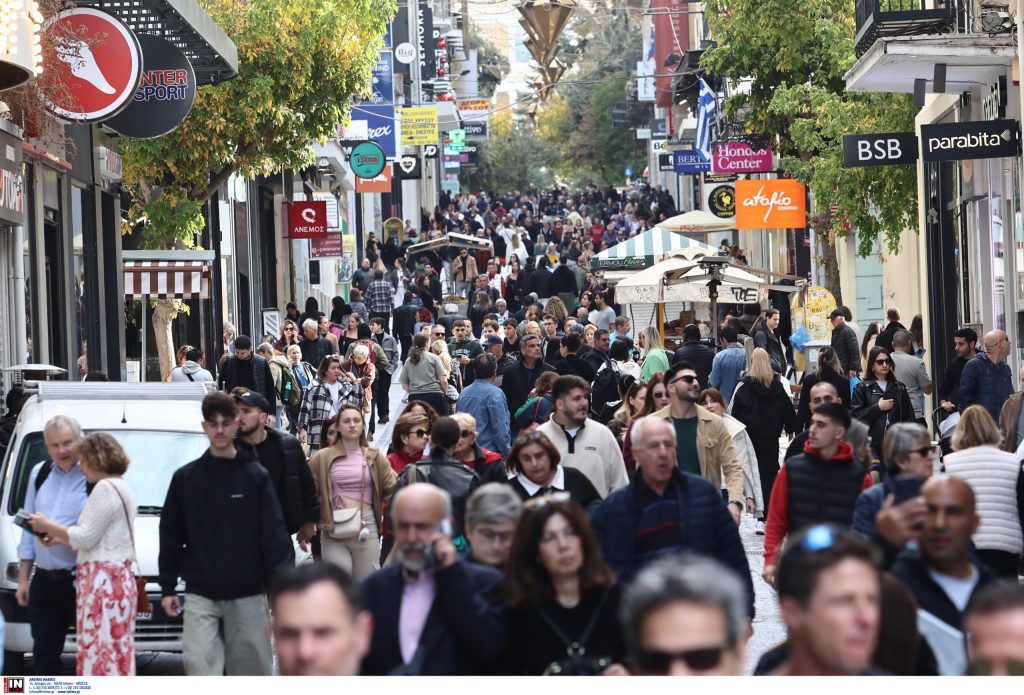Greeks work longer hours than other Europeans, contrary to the persistent myth of the “Lazy Greeks”, while also getting paid less, according to comparative data by Eurostat and OECD.
In the European Union in 2022, workers aged 20 to 64 worked an average of 37.5 hours per week, with the highest average weekly working hours recorded in Greece (41 hours), followed by Poland (40.4 hours), Romania and Bulgaria (40.2 hours each). In contrast, the Netherlands had the shortest average workweek (33.2 hours), followed by Germany (35.3 hours) and Denmark (35.4 hours).
While working longer hours, Greek employees lagged behind other Europeans with regard to payment, as the latter worked fewer hours for more money.
The average gross salary in Greece stood at €1,034, according to Eurostat data in July, €1,709 in the Netherlands, €1,835 in Germany, €1,395 in Spain, and €1,249 in Poland.
When comparing wages, and working hours, in relation to measuring productivity in per capita purchasing power parity (PPP), Greece ranks among the lowest, just above Chile and Costa Rica and one position below Hungary. In contrast, countries with higher wages and fewer working hours rank at the top of productivity, with Ireland leading the way, OECD data showed.
According to a report by Adecco, a global leader in HR services, more than half of Greek workers believe their wages are disproportionate to the work they offer, with only 44% in Greece estimating that they are paid fairly.
This perception aligns with Statista data, indicating that in 2022, the average annual salaries in Greece were €24,067, compared to €73,642 in Iceland, €72,529 in Luxembourg, €67,605 in Switzerland, €26,376 in Hungary, €29,540 in Portugal, €30,967 in the Czech Republic, and €24,337 in Slovakia.
OECD data ranks Greece 34th out of 35 countries in the comparison of average wages. Meanwhile, according to the latest survey by GSEE and the Institute of Labor in October, 65% of workers reported not receiving a salary increase, 25% said they work more than their regular hours, and of those, 48% are not compensated for the additional work hours.


